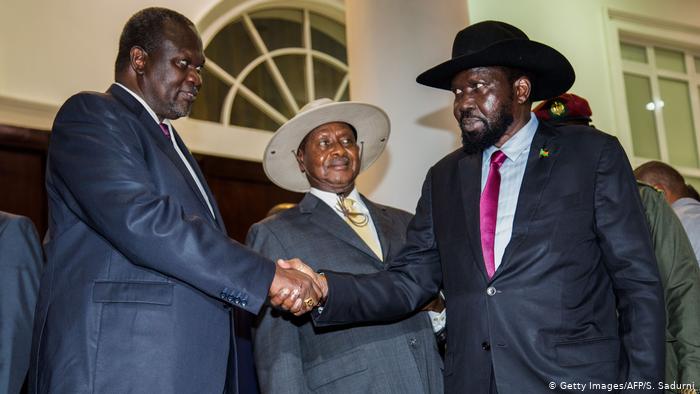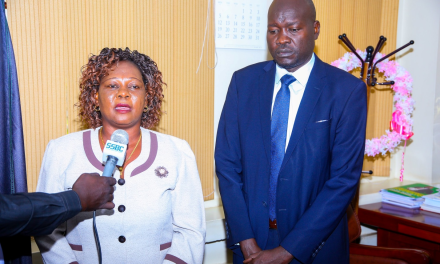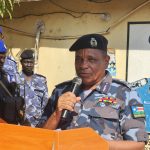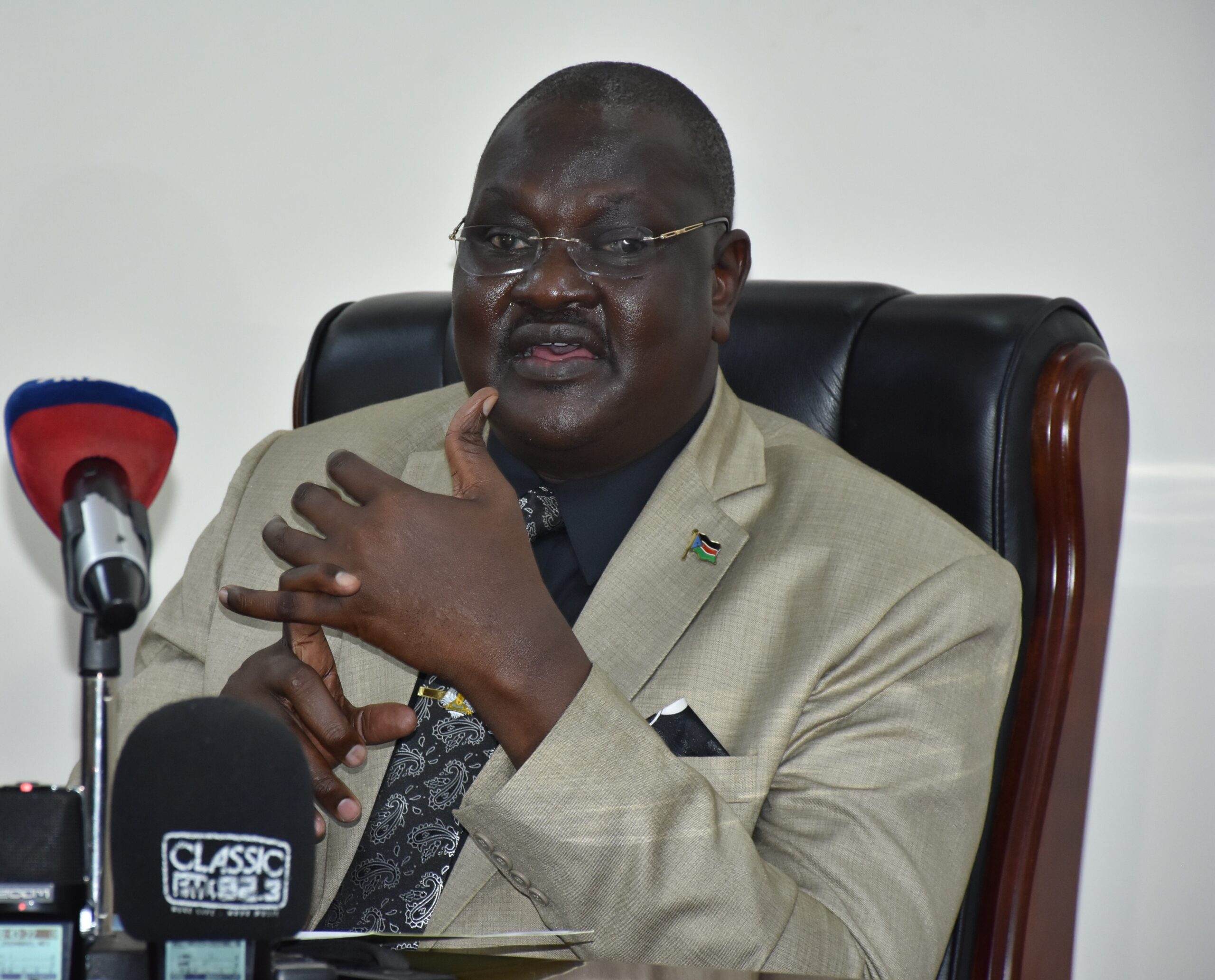
South Sudan in dilemma as end of peace implementation looms

By Ruot George and Simon Deng
Parties implementing a peace deal in South Sudan were nonchalantly reluctant looking at three years of implementation as a long time and could give them the opportunity to linger about.
Its one year to go to the end of the three-year transitional government of national unity and suddenly everybody is trying to throw blames on failure to resolve basic provisions, some which were meant to be completed before the government was formed.
Completing a security arrangement, formation of a hybrid court for accountability for crimes during the war and putting in place a permanent constitution are very key to usher the country into security, peace and democracy, a fact the elites in the country knew but keep pushing them ahead.
By February 2023, the peace government must end and the country goes to elections, the political leaders must by now be planning for the next era but the critical task stands a stumble block.
According to Puok Both Baluang, the Spokesman for First Vice President, Riek Machar, the situation was created by a lack of political will and lack of resources.
The security arrangement, the permanent constitution and a census taken as refugees return home remains paramount for a peaceful transition to democracy, Baluang told Juba Echo by phone.
“These are very important for people of South Sudan to conduct their rights according to the constitution without any fear, intervention or pressure,” he said.
The dilemma is once again taking the leaders for a meeting in the region, with neighboring Uganda’s capital Kampala as the center of a retreat between President Salva Kiir and Machar.
Other stakeholders and partners to the deal will have to wait for its outcome.
The chairman of the National Democratic Movement, a signatory to the peace agreement signed in 2018, Dr Lam Akol Ajawin is however demanding that the retreat in Kampala must be all inclusive to reach a viable consensus.
While Kiir leads the Incumbent Transitional Government of National Unity and Machar leads the Sudan People’s Liberation Movement in Opposition, there are other partners including the South Sudan Opposition Alliance, Former Detainees and Other Political Parties.
Reacting to reports about the Kampala retreat, Ajawin said in a statement to the Chairperson of the Reconstituted Joint Monitoring and Evaluation Commission, Charles Tai Gituai, noting that “we would like to alert your excellency that such a retreat must be inclusive of all parties to R-ARCSS.”
The government which leads the implementation has a bit relaxed on intransigence though.
Speaking in Juba last week, Martin Elia Lomoro, the Minister for Cabinet Affairs urged the peace parties to collegially discuss the way forward, noting that the constitution is the basis for drafting the law for elections which will be key to peace and security.
“We are going to be working hard, making sure we discuss it collegially,” Lomoro said.


































